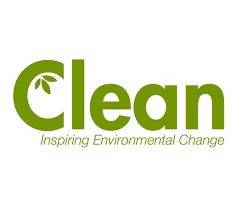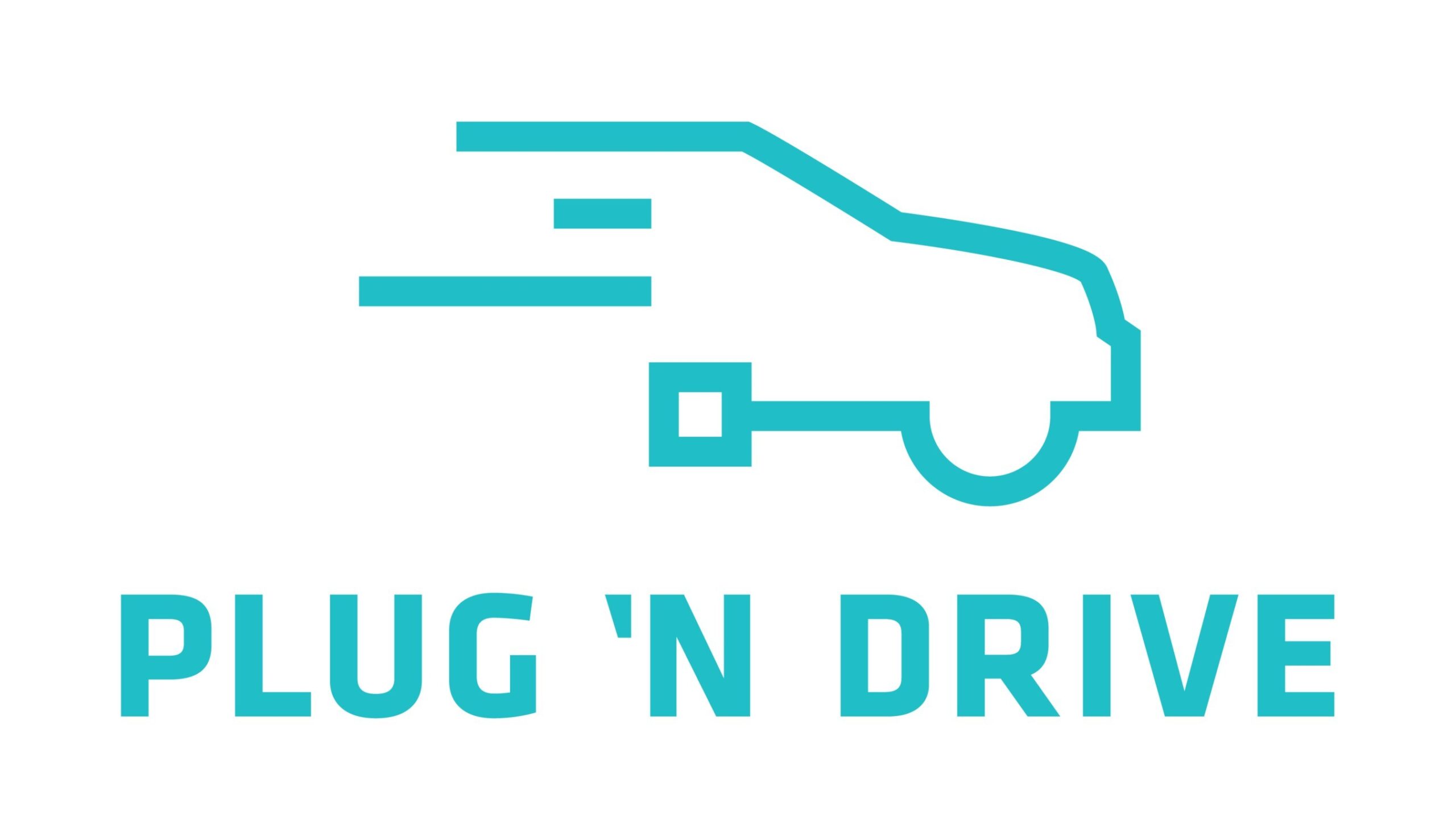This campaign was successful! Thanks to a dedicated effort from EV owners, changes have been made to the CFS to address many of the issues highlighted. We thank the Federal Government for being open to feedback and listening to the concerns of EV drivers. Together, we made a difference!
Read our original press release.
Clean Fuel Standard
This is one of the most important Canadian initiatives to help reduce carbon emissions. It will see credits generated for low carbon fuel sources while penalizing those who emit high amounts of carbon.
For electric vehicles, every kilometer driven would count towards credits that could be re-invested to install new charging stations, education and outreach programs, or discounts on the purchase price of vehicles from manufacturers.
Temporary Success
Last year, EV Society and others were successful in efforts to ensure that all electricity delivered to EVs would be credited for reinvestment. However, recent changes proposed by the government threaten to drastically diminish the effectiveness of CFS to support electric vehicle adaption in Canada.
What’s changed
Removal of credits for 100% of charging
The new government proposal would credit only charging from networked chargers which excludes roughly 80% of charging sessions since most drivers charge at home with a non-networked station.
Removal of a provision to reinvest credit in public education
Education and awareness has been removed as a way to re-invest credits. Education and awareness campaigns improve customer confidence and increase adoption rates so this proposed change would harm EV adoption rates.
Credits are phased out prematurely in 2027
The proposed changes also phase out residential EV credits starting in 2027, which is well before the government’s own Zero Emission Vehicle targets of 30% by 2030 and 100% by 2040.
Rural Canada and some Provinces will be short-changed
An inadvertent effect of the recent changes could lead to inequitable distribution of reinvestment in EVs that more heavily favours urban centers over rural areas and provinces.
What are we asking?
Our request of the Government is simple: revert to the EV-supportive policies previously contained in the Proposed Regulatory Approach (PRA) that was drafted last year in June and achieved consensus on these important points among both industry stakeholders and EV owners.
What you can do
This campaign is now complete, no further action is needed at this time.
Supporting Organisations
We’re happy to have the following organizations supporting these changes from coast to coast. If your organization would like to support these changes, please contact us and let us know.

EV Society – Greater Sudbury

EV Society – Windsor Essex

EV Society – Barrie/Orillia

EV Society – Golden Horseshoe

EV Society – Toronto

EV Society – Northumberland

EV Society – Hamilton/Niagara

EV Society – London

EV Society – Mississauga

EV Society – Caledon

EV Society – Scarborough

EV Society – Kawartha

Electric Vehicle Council of Ottawa
![NBEVO-e1598028250280[1]](https://evsociety.ca/wp-content/uploads/2020/08/NBEVO-e15980282502801.jpg)
New Brunswick EV Owners

Drive Electric Newfoundland
![vehicle-vector-flat-car-3-e1598028764124[1]](https://evsociety.ca/wp-content/uploads/2020/08/vehicle-vector-flat-car-3-e15980287641241.png)
PEI EV Association
![vehicle-vector-flat-car-3-e1598028764124[1]](https://evsociety.ca/wp-content/uploads/2020/08/vehicle-vector-flat-car-3-e15980287641241.png)
Toronto Hybrid and Electric Car Club












